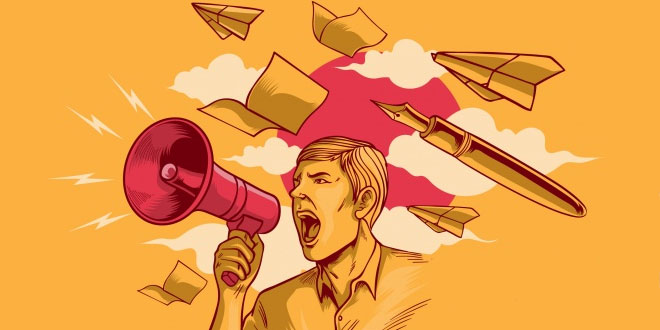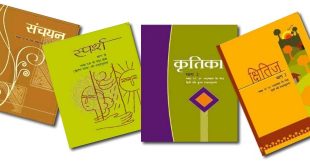Question: What was the aim of the popular Nepal movement of April 2006?
Answer: The aim of the popular movement was to restore democracy. In February 2005, the king dismissed the Prime Minister and dissolved the popularly elected parliament.
Question: Who were Maoist?
Answer: Those communists who believe in the ideology of Mao, the leader of the Chinese revolution. They seek to overthrow the government through an armed revolution so as to establish the rule of the peasants and workers.
Question: What was Seven Party Alliance?
Answer: It was an alliance of all the major political parties of Nepal. The alliance was created to restore democracy in Nepal.
Question: What was the basic cause of Bolivia’s Water War?
Answer: The democratic government of Bolivia had sold the water supply right to a MNC which increased the price of water by four times.
Question: Mention outcome of Bolivia’s water War.
Answer: The water contract with the MNC was cancelled and water supply was restored to the people at old rates.
Question: State any one main difference between the Nepal and Bolivia’s movement.
Answer: The movement in Bolivia was a claim on an elected democratic government whereas in Nepal it was to establish democracy.
Question: How can the democratic conflicts be resolved?
Answer:
- By negotiations and discussions.
- By mass mobilization.
Question: What was common in both the struggle i.e., in Nepal and Bolivia?
Answer: In both the cases the struggle involved mass mobilization.
Question: Name any two agencies of organised politics.
- Political parties
- Pressure groups
Question: What was the main role of ‘FEDECOR’ organisation in Bolivia?
OR
What was FEDECOR?
Answer: It was an organisation comprised of professionals, engineers and environmentalists which led the Bolivia’s water war against the democratic government.
Question: Give two examples of Public Interest Groups.
Answer: (i) FEDECOR, (ii) Consumer Forums
Question: Name any two sectional interest groups.
Answer: (i) BAMCEF, (ii) All India Bank Employee Association.
Question: Which of the following is a public interest group? Give reason for your answer.
(i) Trade Union
(ii) A group fighting against bonded labour
Answer: A group fighting against bonded labour is a public interest group because the group will be fighting for all the bonded labourers whereas trade union will fight only for their members.
Question: Mention any two any ways through which pressure groups and movements exert influence on politics.
Answer: (i) Campaigns, (ii) By filing petitions
Question: Identify the term:
(1) A pressure group which seeks to promote collective good.
(2) A pressure group which seeks to promote selective good.
Answer:
- Public Interest group
- Sectional Interest group
Question: Which organisation led the protest against water privatisation in Bolivia?
Answer: FEDECOR
Question: How are issue specific movements different from generic movement?
Answer: Issue specific movements are for a particular issue whereas generic movement involves many issues in a single movement.
Question: Explain the principal concern of BAMCEF (Backward And Minority Communities Employees Federation).
Answer: Its principal concern is with social justice and social equality for the entire society.
Question: Analyse the main reason for Bolivia Water War.
Answer: The price of water increased four times.
Question: State the main aim of Backward And Minority Communities Employees Federation.
Answer: Social justice and social equality for the entire society.
 Class Notes NCERT Solutions for CBSE Students
Class Notes NCERT Solutions for CBSE Students





